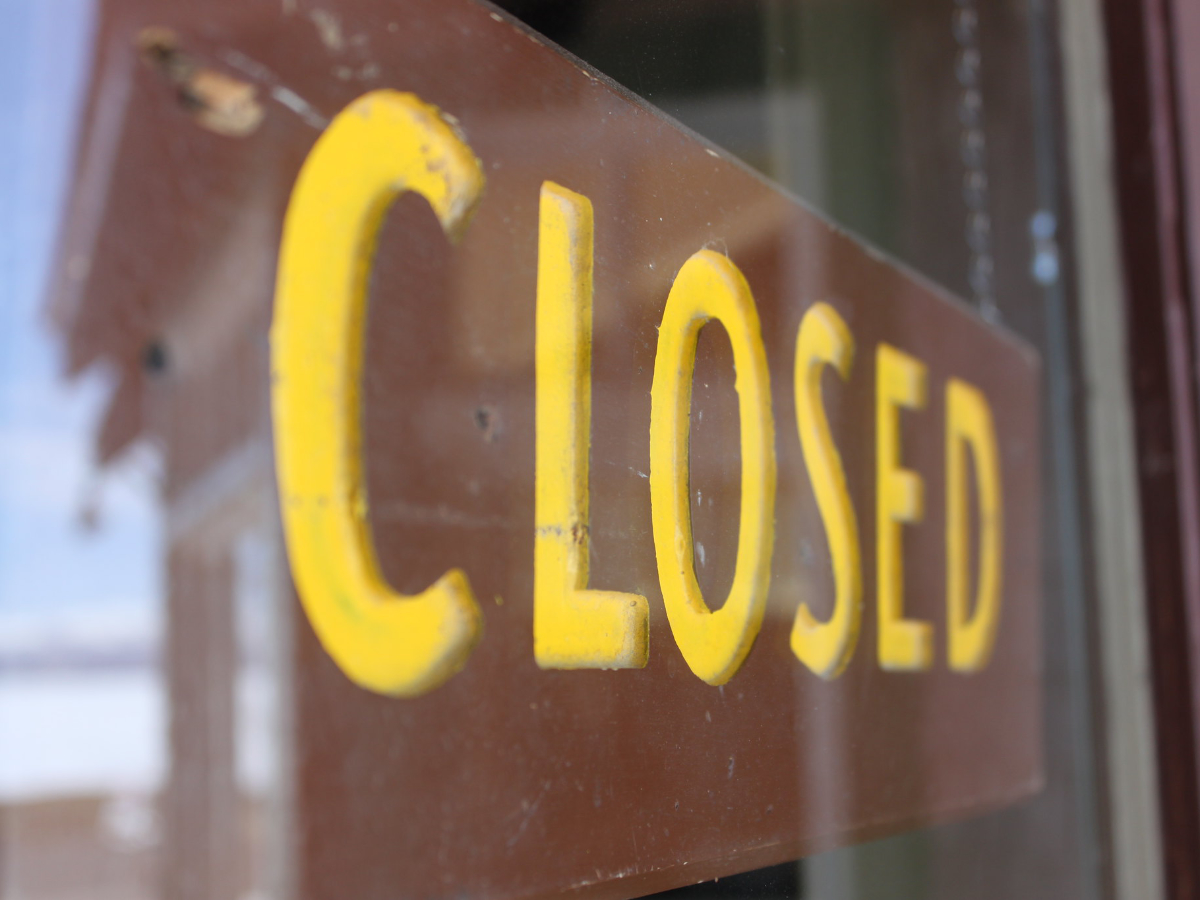
Source: Flickr/Bryan Mills
State of emergency leads to closure of 61 popular restaurants in the capital
- Tags:
- coronavirus / COVID-19 / Japan
Related Article
-

You’ll Love Loafing Around On These Cushy Bread Sofa Beds
-

Turn Open Wine Bottles Into Decorative Art With Handmade Kokeshi Wine Bottle Closures
-

Aoshima: A Look Into Japan’s Feral “Cat Island”
-

Feeling Crabby? Hug Your Woes Away With This Cuddly Crustacean
-

Tokyo Ramen Chef Reveals The Insane Hours That Come With Running A Restaurant
-

Your Daily Dose Of Sumo Wrestlers, Derby Horses, And Street Fighter Characters In One Game


On 7 January 2021 the Japanese government issued Tokyo’s second state of emergency since the deadly virus, COVID-19, was found to have spread to Japan. As part of the declaration, businesses throughout Tokyo have been requested to shorten their working hours, with bars and restaurants currently expected to close their doors at 8pm.
Whilst companies across Japan are doing the best they can in order to help stop the spread of COVID-19, and to survive it’s seemingly never-ending grasp, it has become increasingly difficult for several businesses to continue under the new regulations.
For izakayas, bars and nightlife venues that usually stay open well into the early hours of the morning, closing at 8pm is practically unthinkable. In addition to curfew, the new guidelines also suggest that people should refrain from eating out as much as possible – putting another damper on the service industry.
Even with all the added difficulties caused by the new state of emergency, Tokyo’s local government is not expected to provide support to businesses struggling under the new guidelines. Without assistance from the government, businesses are forced to terminate, which not only means the closure of a store, but also the loss of thousands of jobs of hard-working employees.
Taking all of the above into mind, 61 branches of popular chains across the capital that belong to izakaya conglomerate Monte Roza, have already announced their decision to close down, in order to help reduce overall spending across rent and other utilities.
The closures will see 61 of Monte Roza’s 337 total stores close across Tokyo, including some branches of popular izakayas such as Shirokiya, Uotami, Warawara, Yamauchi Nojo and Mekiki no Ginji and others. The large corporation oversees more than 20,000 employees and part-time workers, but with the new regulations on the industry, is struggling to maintain employment.
Further details on which stores will be closing will be announced on the Monte Roza website, alongside what measures have been put into place to tackle COVID-19 in stores that will remain open.
Though there will still be plenty of bars and restaurants that survive the turbulence of COVID-19, the announcement of Monte Roza’s numerous closures illustrate the difficulties companies are struggling through during these uncertain times.
In order to overcome the coronavirus, companies throughout Japan are asking for the continued patronage of their valued customers, and ask all visitors to comply with on-site measurements that have been taken to combat infection.